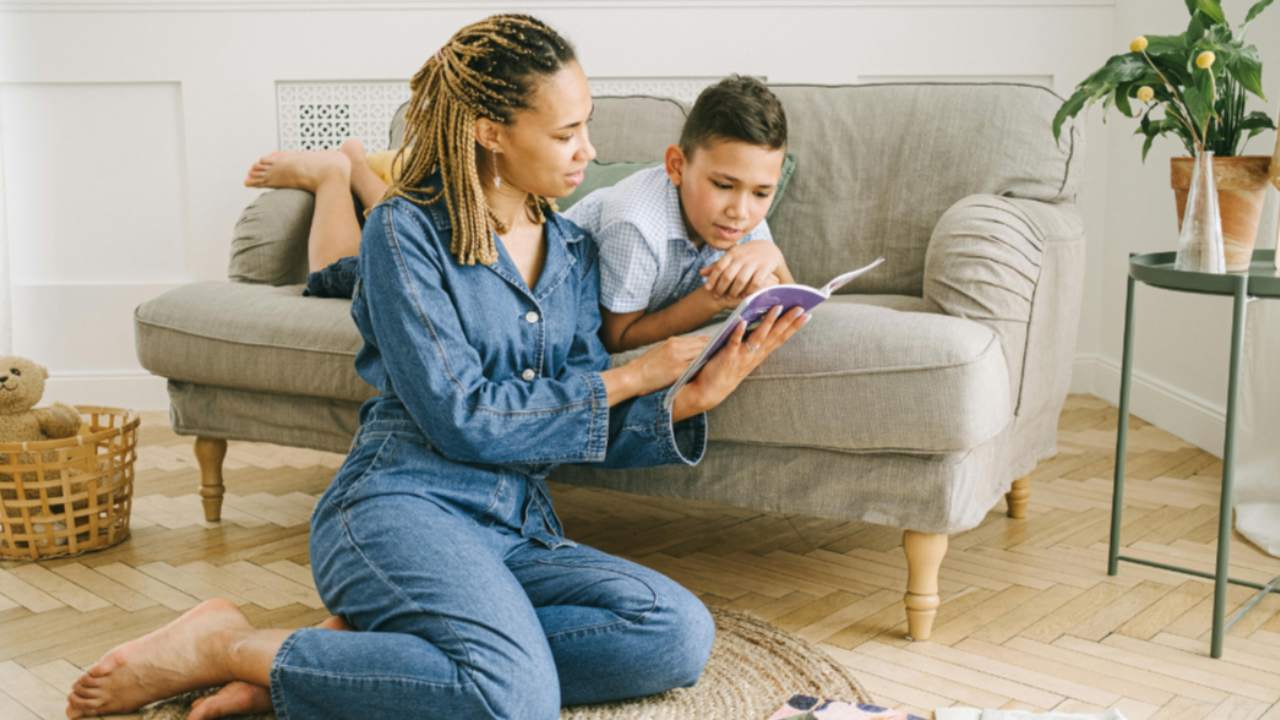If You Don’t Define Your Family’s Direction, The World Will.
Oct 01, 2024
As parents, one of our greatest desires is to see our children grow into confident, independent individuals who can navigate the world with resilience and courage.
But with so much advice out there, it’s easy to feel overwhelmed.
Today, let’s simplify things. Here are five powerful (but practical) strategies you can use to help your child develop the kind of confidence that leads to independence—and emotional strength that lasts a lifetime.
Why Confidence Matters for Young Kids
Confidence is what allows kids to try new things, solve problems, and bounce back from setbacks.
In these early years, your child is learning how to engage with the world—how to handle disappointment, share ideas, and explore challenges. Confidence helps them step into all of that with a sense of security and capability.
It’s not about nonstop praise.
It’s about building real skills that reinforce: You can do this.
5 Steps to Boost Your Child’s Confidence
1. Encourage Problem-Solving
Next time your child faces a challenge, pause before jumping in. Ask:
“What do you think we should do?”
Let them come up with ideas, even if they’re imperfect. The goal isn’t a flawless solution—it’s giving them the chance to think, try, and learn that failure is part of growth.
2. Create Opportunities for Success
Break tasks into smaller pieces.
If “clean your room” is too vague, start with “pick up your books.” Celebrate completion of each step. Every success builds momentum and self-trust.
3. Use Positive Scripts
When your child struggles, try:
“I know this is tough, but I believe in your ability to figure it out.”
This kind of language becomes their inner voice over time—one that says, I’ve got this.
4. Tie Actions to Outcomes
Show them how their effort makes a difference.
“When you got ready on time, we had more time to read together. Did you notice that?”
This helps children see the connection between what they do and what happens next—an essential life skill.
5. Play the ‘Confidence Game’
Make growth a fun family goal.
Every time your child does something new or brave, they earn a point. Collect points toward a special reward—like movie night or choosing dinner.
For younger kids, create a “Confidence Treasure Chest” with little prizes to mark those moments of courage.
Why Family Strategies Make a Difference
Confidence isn’t just something you teach your child—it’s something you build into your household.
When your family culture supports resilience and independence, you’ll notice:
-
Fewer power struggles
-
More personal responsibility
-
A stronger bond between siblings and parents
It’s not about getting it right every day. It’s about being intentional, consistent, and supportive in a way that shapes who your children become.
Confidence is not a personality trait—it’s a skill.
And as with any skill, it can be nurtured, strengthened, and modeled.
The more we focus on helping our kids believe in their own abilities, the more we prepare them for the real world—without fear, without shame, and without limits.
Your work as a parent matters. Your efforts are creating the next generation of confident, capable leaders.
Let’s keep growing strong families—together.
Have a favorite strategy for building confidence? Share your story—I’d love to hear it.




